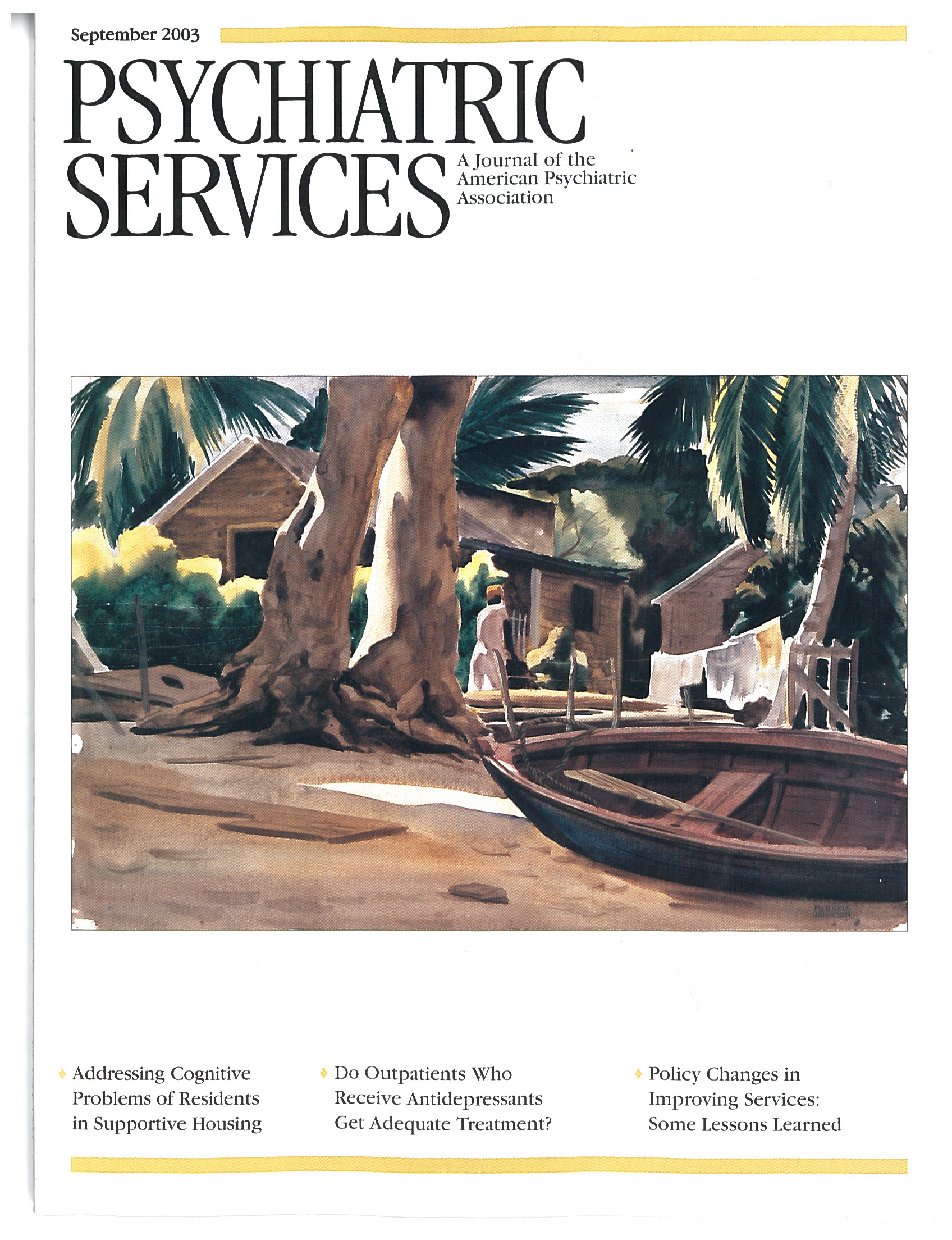Helping the Helpers Not to Harm: Iatrogenic Damage and Community Mental Health
The authors of this book are to be commended for addressing the oft taboo topic of unintended harm to the very individuals we seek to help. Although its title alludes to practice in community mental health settings, this book is limited to the experience of Ruth B. Caplan and her father, Gerald Caplan, in their role as consultants to families involved with the child protection system in Israel. The Caplans are expert in aspects of community mental health and mental health services for children. Gerald Caplan is a pioneer in the early development of community mental health in the United States.
Helping the Helpers Not to Harm: Iatrogenic Damage and Community Mental Health is organized into 13 chapters. Each topic within a chapter is prominently labeled and easy to follow. The book begins with an overview of the experience of the authors and the premise of the book. The middle chapters review specific aspects of the process and problems the Caplans have experienced. Numerous compelling clinical vignettes are included. These consultations generally involve working with parents who are not satisfied with a court's decision. One chapter responds to prepublication reviewers of the book. In the final chapters, possible solutions to the problems as well as ways of assisting victims of this system are reviewed.
In my opinion the book could have been enhanced by development in either of two ways. First, it could have explored more formally the foundations and values of the child protective system in Israel. Given the current fascinating sociopolitical environment of Israel as well as the influence of the Jewish faith, a contrast of this system with other secular systems would have enriched the work. Although a value seems to be placed on family preservation, there is very limited discussion of the ethics and values used to frame these cases. U.S. systems are theoretically designed to prioritize the best interest of the vulnerable child, with family preservation as a secondary value. We are not given a framework from which to compare the contextual underpinnings of zealous child protective workers in contemporary Israeli culture.
Second, there could have been a broader application of issues of iatrogenic harm seen among social workers in Israeli child protective services to other mental health settings. A recognition of clinical boundaries and a more developed exploration of possible educational remedies might have enhanced the applicability of Helping the Helpers Not to Harm. The book makes repeated reference to the "Kafkaesque" experience of parents who suddenly find themselves in the unforeseen situation of having a child removed. This reference is provocative, because it is rare for families in these situations to be completely naive of the ramifications of court involvement.
Clinical iatrogenic damage is a critical issue that we do not like to think about. Ruth and Gerald Caplan have done a service by addressing this subject. This is a work which would be of interest to many professionals who interface with child protective services. Inclusion of more specific ethical underpinnings of the system or more generalization to other clinical settings would have made the book more broadly applicable.
Dr. Everett is inspector general to the Virginia Department of Mental Health, Mental Retardation, and Substance Abuse Services and clinical assistant professor of psychiatry at the University of Virginia in Charlottesville.



